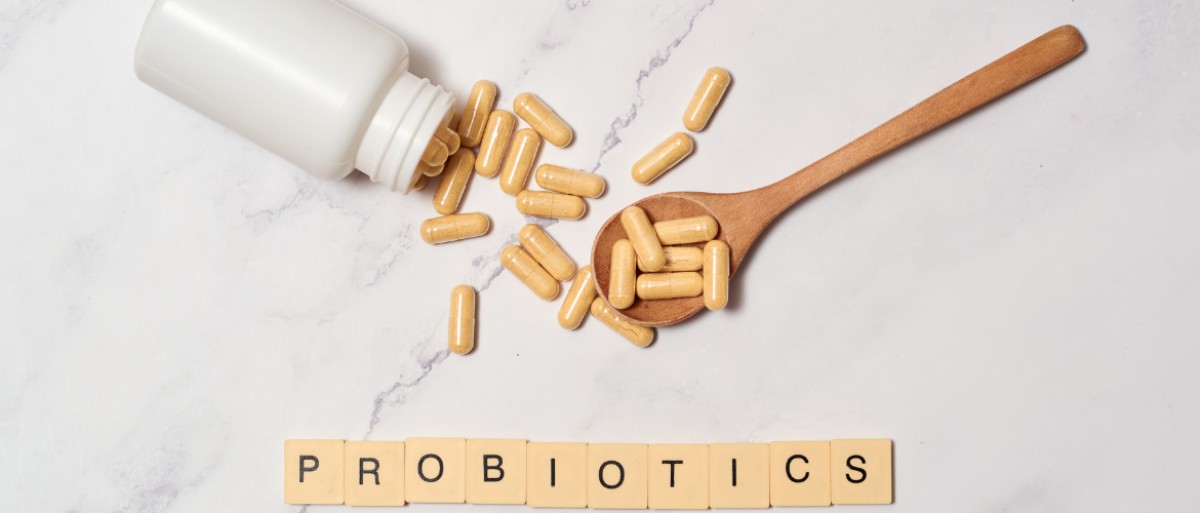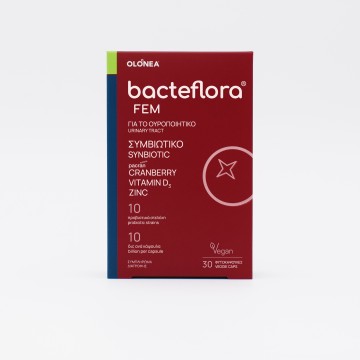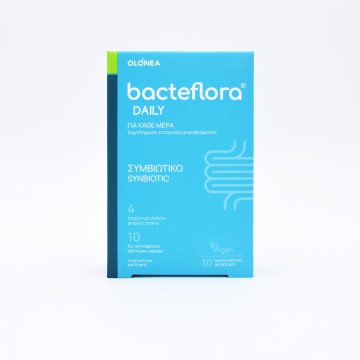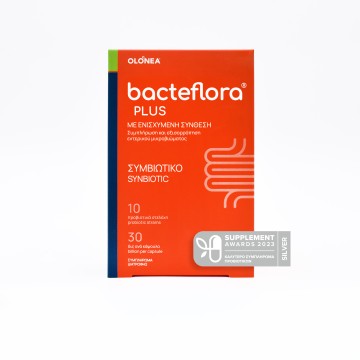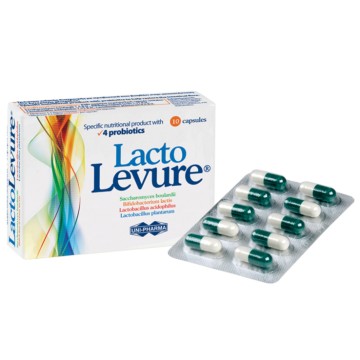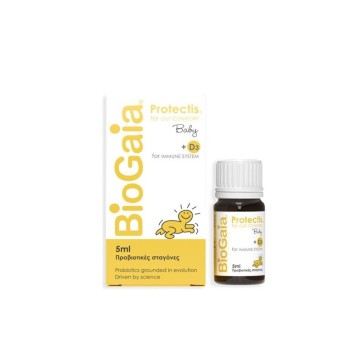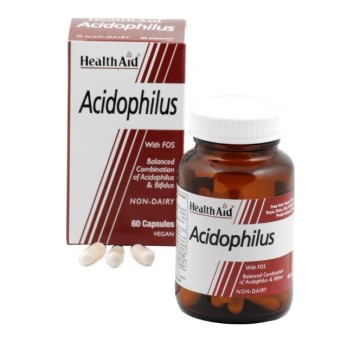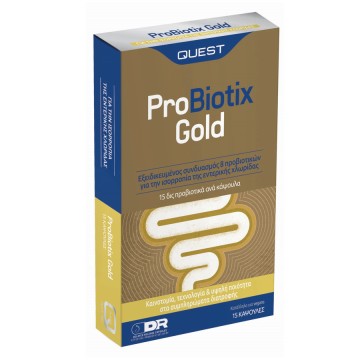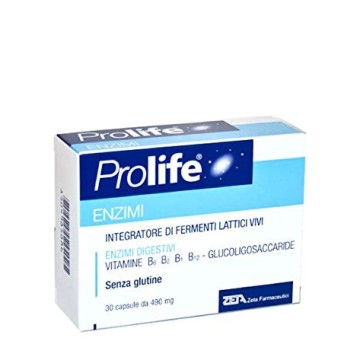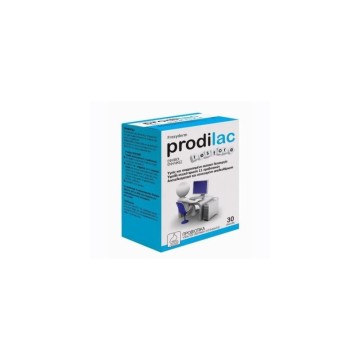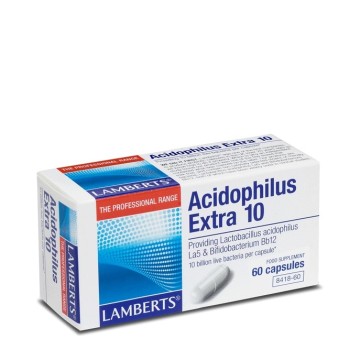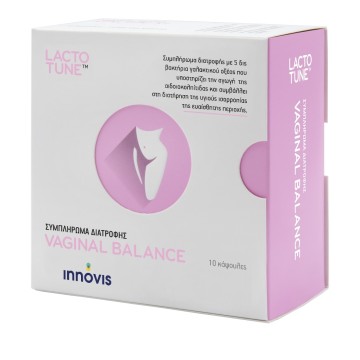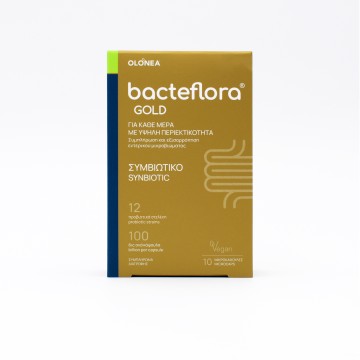What are probiotics?
The
probiotics they are living microorganisms or microbes that have positive effects on our body internally and externally. Each human body hosts many microorganisms which
help support bodily functions and our health. Although not all of the microorganisms we host may be helpful and some types may be harmful, probiotics are considered beneficial and help control potentially harmful types.
The
probiotic products they contain some beneficial types of microbes that add to the already existing organisms that live inside us. The download to the most
probiotic supplements it is done orally, so that their access to our gastrointestinal tract is easier.
How do probiotics help?
When we get
antibiotics, we lose some good bacteria. The
probiotics have the ability to help in
replacing these bacteria, while they also help our body to function properly, as they have the ability to balance good and bad bacteria.
Basic types of probiotics
Many types of bacteria are classified as
probiotics. All have different benefits, but most come from
two groups. Ask your doctor which may help you best. The most common probiotics that can be consumed fall into two main genera which are as follows:
bifidobacteria
This genus of bacteria is commonly used in
foods and supplements, having some positive properties:
- They enhance it immune system
- They limit the growth of harmful bacteria in the gut
- They help break down lactose into nutrients that the body can use
Lactobacillus
This genus of bacteria
produces lactase, i.e. the enzyme that breaks down lactose. These bacteria also produce lactic acid, which
helps control the population of bad bacteria. It also acts as a muscle booster and increases the body's absorption of minerals.
The
Lactobacillus bacteria are located naturally at:
- Gulf
- Mouth
- Small intestine
Foods with probiotics
There are several
foods from which our body can take
probiotics in smaller quantities as opposed to
probiotic supplements.
Some foods are:
- Yoghurt
- Peas
- Kefir
- Cottage cheese
- Kimchi
- Kombucha Drinks
- Pickles
- Sauerkraut
- organic olives
- Miso soup
What are their benefits?
The
probiotics have the property to
they send food through our intestines affecting the nerves that control its movement. Although researchers are still looking for the best probiotics to treat certain problems. Some conditions that probiotics treat are:
- Chronic bacterial infections
- Diarrhea (caused by viruses, bacteria or parasites)
- Small intestinal bacterial overgrowth (SIBO)
- Irritable Bowel Syndrome
- Inflammatory bowel disease (IBD)
- Diarrhea (caused by antibiotics)
It has also been shown that apart from diseases,
probiotics also help to deal with some physical problems such as:
- Skin diseases (eg eczema)
- Allergy prevention
- Oral hygiene
- Atopic dermatitis and acne
- Gingivitis
- Infections of the vagina and urinary system (UTIs).
Are there any risks to taking probiotics?
The
probiotics, although generally safe for healthy people, can pose risks for certain groups of people. Although scientific research is still ongoing, the
probiotics have recorded extensive use by the public with
few reports of adverse effects. However, people with reduced immune function, such as those taking
immunosuppressive drugs, people with severe
underlying diseases and
newborns who were born prematurely, may be more vulnerable to unwanted side effects.
How long should we take probiotics?
The
probiotics can be taken daily from
2 weeks until
2 month, so that the good bacteria in the colon can be replaced. But your health also plays a big role. If you are not sure about the best
dosage for your needs, contact your doctor.
Should I give my child probiotics?
Always tell the pediatrician before you decide to supplement
probiotics or other supplements in his diet
your child. You should know that the
probiotics for children may interact with certain medicinal products, especially in cases of children undergoing
chemotherapy or have been subjected to
surgery.
Probiotics have been shown to be helpful in prevention
respiratory infections,
diarrhea and
autoimmune disorders. In cases where the child receives
antibiotics, probiotics can be helpful in reducing side effects such as
constipation or other problems
digestion. If your child suffers from
Irritable Bowel Syndrome, the discussion with the doctor about the use of supplements
bifidobacterium may be useful.
Find on
wecare.gr the right probiotic supplements you need!
Sources:













